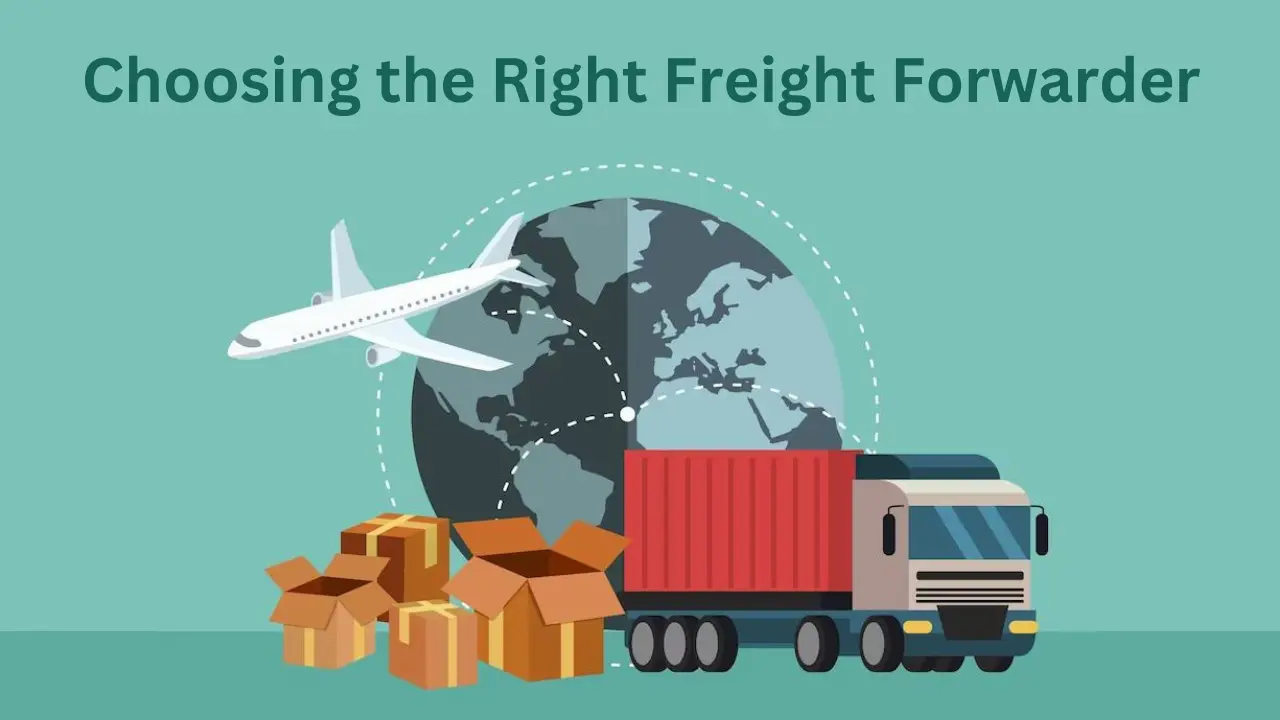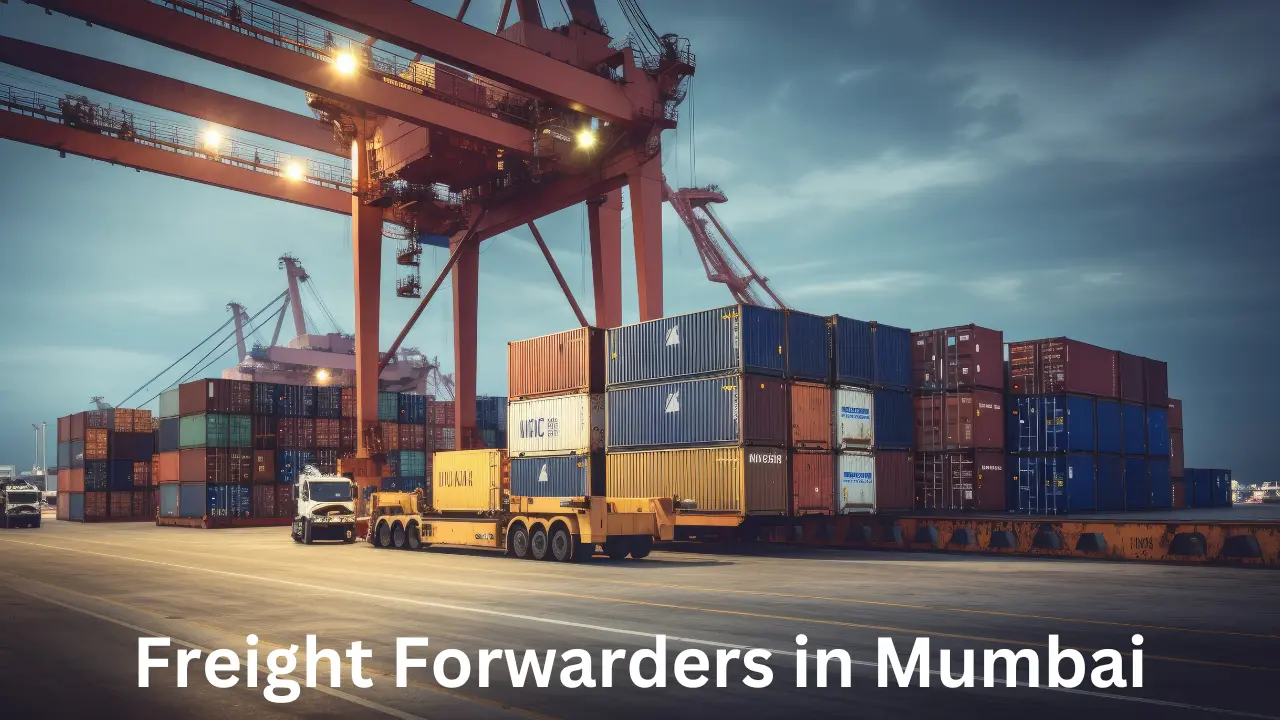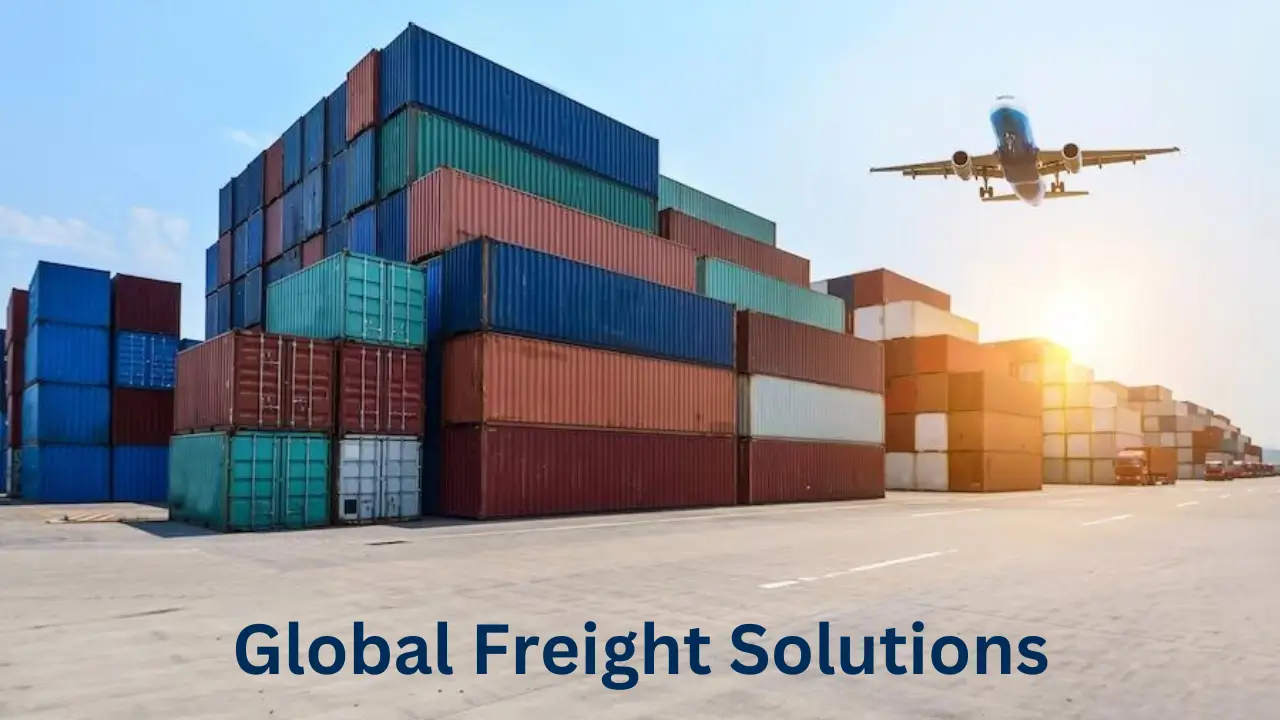
Choosing the Right Freight Forwarder: Tips for Businesses
Selecting the right freight forwarder is a critical decision for businesses involved in international trade. Whether you’re a seasoned importer/exporter or just starting to expand your reach globally, finding the perfect partner to handle your logistics can make or break your supply chain. In this blog post, we’ll explore essential tips and considerations to help you choose the right freight forwarder for your business.
Define Your Freight Needs:
Before you start searching for a freight forwarder, it’s crucial to understand your specific shipping requirements. Consider factors like the type of goods you transport, shipping volumes, destinations, and any special handling requirements. A thorough comprehension of your requirements will serve as a compass during your selection process.
Verify Their Experience and Expertise:
Look for freight forwarders with a solid track record in handling shipments similar to yours. Ask about their experience in your industry and their familiarity with the specific regulations and customs procedures relevant to your business. An experienced forwarder can navigate complex logistics challenges more effectively.
Check Their Network and Partnerships:
A strong global network is essential for an efficient freight forwarder. They should have reliable connections with carriers, agents, and customs authorities worldwide. Ensure they can reach the destinations you need to ship to and have the infrastructure to handle your cargo properly.
Assess Their Technology and Communication:
Effective communication is vital in logistics. Ensure the freight forwarder uses modern technology and provides real-time tracking and reporting capabilities. A forwarder who can keep you updated on your shipments’ status is a valuable partner.
Review Their Customer References:
Ask for references from previous clients and read reviews or testimonials online. This will give you insights into the freight forwarder’s reputation and their ability to meet their clients’ expectations consistently.
Evaluate Their Compliance and Certification:
Compliance with international regulations and industry standards is non-negotiable. Verify that the freight forwarder has the necessary certifications, such as C-TPAT (Customs-Trade Partnership Against Terrorism) and ISO standards. Compliance ensures the safety and security of your shipments.
Understand Their Pricing Structure:
Request detailed pricing information and evaluate how the freight forwarder charges for their services. Exercise caution regarding concealed charges or unanticipated expenses. Consider whether their pricing aligns with your budget while still meeting your service expectations.
Assess Their Customer Service:
Responsive customer service is invaluable in logistics. Test their responsiveness by reaching out with questions or concerns during your evaluation process. A forwarder who prioritizes customer service is more likely to address any issues that may arise during your partnership.
Consider Sustainability Initiatives:
With growing emphasis on sustainability, partnering with a freight forwarder that shares your environmental values can be a strategic move. Inquire about their green initiatives, such as carbon footprint reduction programs or eco-friendly packaging options.
Discuss Insurance and Risk Management:
Ensure the freight forwarder offers comprehensive insurance options to protect your cargo against unforeseen events. Discuss risk management strategies, including how they handle disruptions and delays in the supply chain.
Transparency in Pricing and Contracts:
Ensure that the freight forwarder provides transparent and easy-to-understand pricing details in their contracts.
Review the terms and conditions carefully to avoid any surprises or hidden charges.
Scalability and Flexibility:
Assess whether the freight forwarder can adapt to your changing business needs.
Can they accommodate fluctuations in shipping volumes and offer scalable solutions?
Track Record with Customs Compliance:
A freight forwarder’s expertise in navigating customs and regulatory requirements is essential.
Verify their ability to handle documentation and compliance effectively to prevent delays and penalties.
Disaster Recovery and Contingency Plans:
Inquire about their disaster recovery and contingency plans in case of unexpected disruptions, such as natural disasters or labor strikes.
Knowing how they mitigate risks can provide peace of mind.
Location and Accessibility:
Consider the proximity of the freight forwarder’s office or warehouse to your business operations.
Easy access can facilitate better communication and coordination.
Specialized Services:
If your business involves specialized cargo (e.g., perishables, hazardous materials, oversized items), ensure the forwarder has expertise in handling such shipments.
They should have the necessary equipment and knowledge to manage unique requirements.
Sustainability Practices:
Beyond eco-friendly initiatives, inquire about their sustainability practices, such as optimizing shipping routes to reduce emissions or using energy-efficient transportation methods.
Insurance Claims Process:
Understand the process for filing insurance claims in case of loss or damage to your cargo.
A streamlined claims process can save time and resources when issues arise.
Cultural Compatibility:
If you’re dealing with international shipments, consider whether the freight forwarder understands and respects the cultural nuances of the regions you operate in.
Cultural sensitivity can help avoid misunderstandings and facilitate smoother transactions.
References from Similar-Sized Businesses:
Seek references from businesses of a similar size and scale to yours.
A freight forwarder experienced with companies of your size is more likely to meet your specific needs effectively.
Long-Term Relationship Potential:
Evaluate whether the freight forwarder is committed to building a long-term partnership rather than just a transactional one.
Long-term relationships can lead to better collaboration and benefits over time.
Remember that choosing the right freight forwarder is an investment in the success of your international business operations. Take your time to research, ask questions, and assess your options thoroughly to make an informed decision that aligns with your business goals and values.
Conclusion:
Selecting the right freight forwarder is a crucial step in optimizing your global supply chain. By considering these tips and thoroughly evaluating potential partners, you can make an informed decision that aligns with your business goals and ensures a smooth and efficient shipping process. Remember that a reliable freight forwarder can be a valuable asset in your international trade endeavors.



